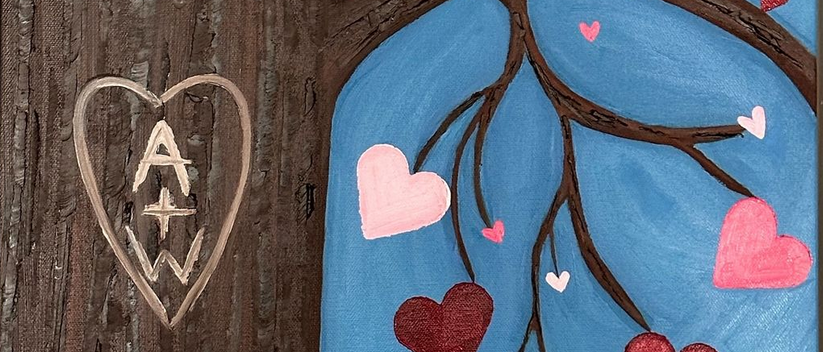It is Wednesday, my dudes, and that means a new Storytime is waiting for you, wherever you get your podcasts.
This week’s story, Magnificent Maurice, or the Flowers of Immortality, was SO MUCH FUN to narrate. Here’s my intro:
About ten thousand years ago, some cats in Mesopotamia looked at a bunch of humans and thought, “I bet we could trick them into giving us food and shelter,” so they domesticated themselves. As a dog owner who is a member of my cat, Watson’s, staff, I’d say that it worked out pretty well for them.
This week, it is a privilege to tell you a story about one of the greatest cats who has ever lived (just ask him, he’ll tell you), a very special cat, with a very special job. I’m going to straighten my collar and make sure my hair is just so, as I tell you the tale of Magnificent Maurice, or the Flowers of Immortality.
You’re going to love this, especially if you are on staff for one or more housecats. In Patreon, we are celebrating our feline bosses, sharing their full names (Watson’s True and Full Name is His Royal Majesty, Sir Waddington Pottybottoms III, Esq.,The First of His Name, Head of The Complaint Department) and the titles of the songs we sing to them, featuring their names. It’s a lot of fun, and I encourage all of my fellow pet owners to jump in, here, if not there, and share.

Also, before I hit publish and get ready for work, I want to take a minute to thank all of you who listen to the podcast, who have subscribed to our Patreon, who have taken the time and effort to rate, review, and recommend us so we can grow. You are making it possible for me to do this, week after week, and I am intensely grateful to you. It is such a privilege to entertain you, to tell you these wonderful stories, and introduce you to authors you may not know, but I think you will love. And speaking of that, if you missed this, I wanted you to know that Senaa Ahmad, whose The Skin of a Teenage Boy is not Alive was on the pod a couple weeks ago, has a brand new short story collection out called The Age of Calamities (“Written by an inimitable new voice, The Age of Calamities is a genre-defying, mind-bending collection of absurdist, funny, and speculative short stories.“), that is available wherever you get your books.
It is such a gift to do this, y’all. If I can do this as my regular job for the rest of my career, if I never have to go work on camera again, if all I do is tell you stories and promote the Arts, I will be so happy. It feels like that has a very real chance of happening, and that fills me with such joy, I feel like I’m going to burst.
Okay. NOW I am going to go get ready for work. Stay safe, friends.






